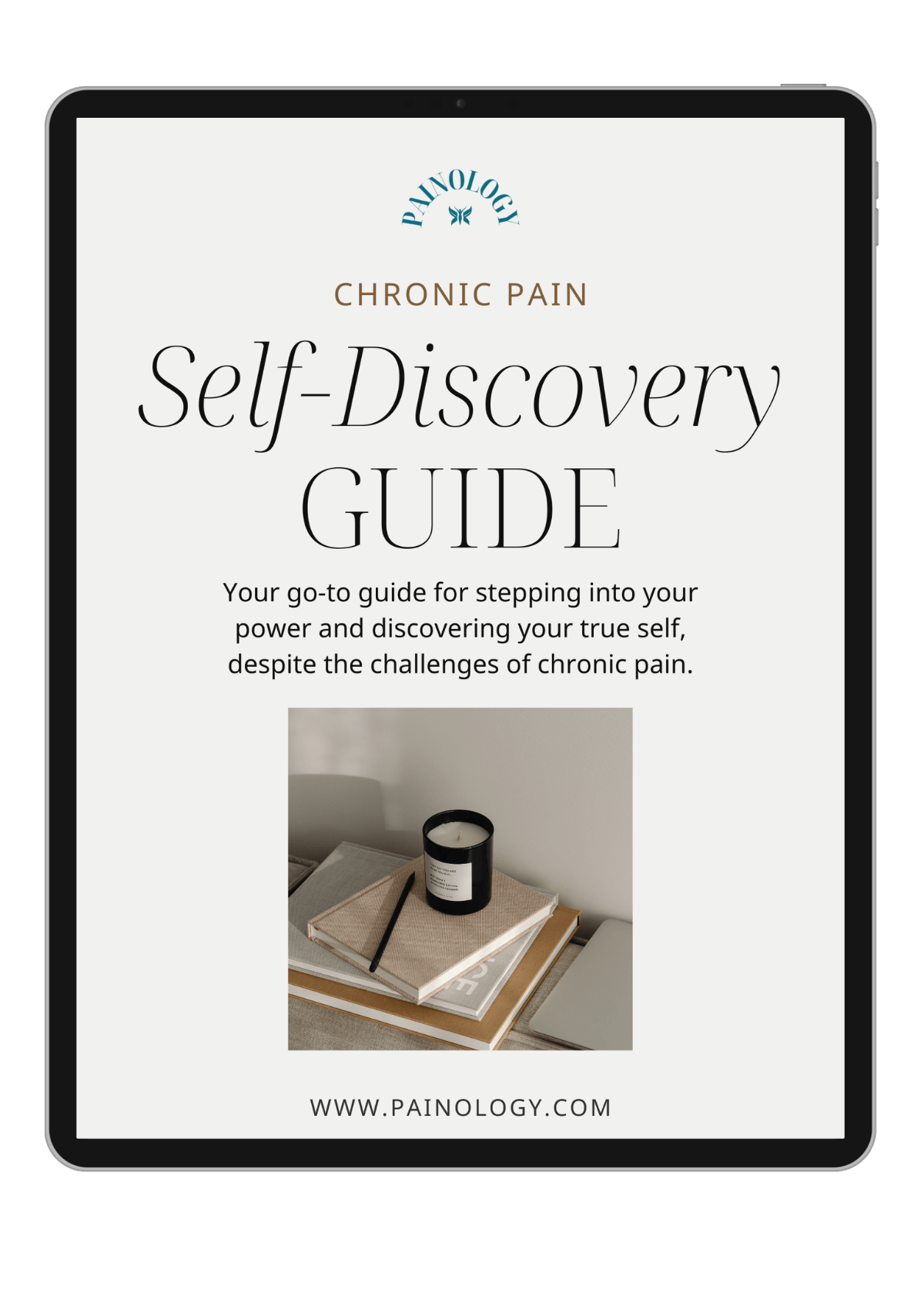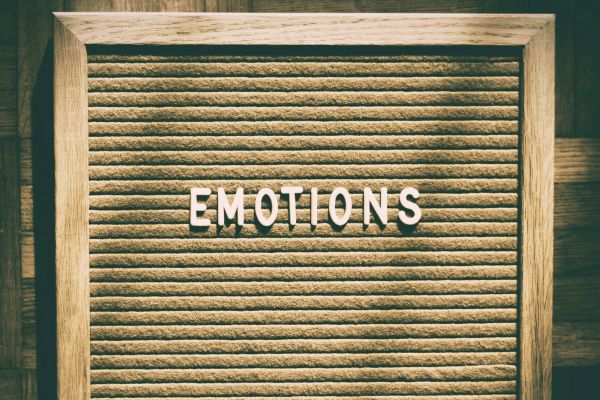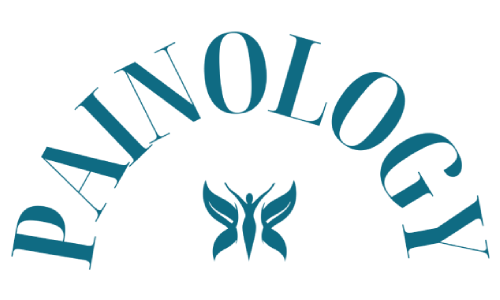
Impact of Adverse Childhood Experiences (ACEs) on Adult Health

Laying the Groundwork: Childhood's Impact on Lifelong Health
Childhood is the canvas on which the rest of our lives are painted. It’s a time when we learn, grow, and develop the skills necessary to navigate the complexities of the world. But what if these early years are overshadowed by adversity and trauma? How does that shape the adults we become? For some, these formative experiences are filled with challenges that can leave lasting impressions, influencing health and well-being long into adulthood.
The Groundbreaking ACEs Study
So, what if I told you that your childhood experiences hold the key to understanding your health as an adult?
It might sound like a far-fetched idea, but the groundbreaking Adverse Childhood Experiences (ACEs) study, spearheaded by Robert Anda and Vincent Felitti, shed light on the profound and lasting impact of childhood trauma on adult health.
Published in 1998, this groundbreaking research revealed a startling correlation between adverse childhood experiences and a myriad of health conditions later in life. This study has fundamentally reshaped our understanding of how early life events mould our physical and mental well-being as adults.
The Lasting Impact of ACEs
The influence of Adverse Childhood Experiences doesn't simply fade away with time—it sticks with us, shaping how we live our lives and make choices every day.
The study uncovered that individuals with four or more ACEs are twice as likely to adopt unhealthy eating habits and binge drink. Moreover, they are three times more likely to smoke and seven times more likely to engage in violent situations.
These numbers show how childhood experiences can deeply affect our behaviour as adults. They influence everything from what we eat and how we move to the risks we take and the conflicts we face. It's like the adverse experiences leave a blueprint on our lives, guiding our decisions and shaping our paths long after the events themselves have passed.
“ The past is never dead. It's not even past.”
— WILLIAM FAULKNER
Understanding ACEs: Types and Prevalence
Adverse Childhood Experiences or ACE’s encompass a range of stressful and traumatic events, including physical, emotional, or sexual abuse, neglect, household dysfunction, and parental substance abuse or mental illness.
According to Ander and Felitti’s US-based study, 64% of adults surveyed reported at least one ACE, and over 12% reported experiencing four or more.
But it's not just the number of adverse experiences that are concerning—it's the profound impact they can have on our bodies and minds for the rest of our lives.
Health Outcomes Linked to ACEs
The study found that individuals with a higher ACE score were more likely to suffer from a host of health issues, including but not limited to:
Mental health disorders such as depression, anxiety, and post-traumatic stress disorder (PTSD).
Chronic physical conditions like heart disease, diabetes, and obesity.
Substance abuse and addiction.
Risky behaviours such as smoking, unprotected sex, and self-harm.
Picture this: a young person's stress response system operates like a machine running at full throttle for days, weeks or possibly even years at a time, putting immense strain on their body. This chronic activation of the stress response systems, known as toxic stress, can derail healthy brain development and increase the risk of developing health-harming behaviours like smoking or substance abuse.
Also, ACEs have a significant impact on mental health, with a strong relationship between the number of ACEs experienced and the likelihood of developing mental disorders.
A mental disorder, also known as a mental illness, is a condition that affects your thinking, feeling, behaviour, or mood. These disorders can include depression, anxiety disorders, schizophrenia, bipolar disorder, and post-traumatic stress disorder (PTSD). They can vary widely in severity and often interfere with your ability to function in daily life.
Research by the World Health Organisation suggests that stamping out childhood adversities could lead to a 30% drop in the development of mental disorders into adulthood.
The Mechanisms Behind ACEs' Influence
But why do these adverse childhood experiences have such a profound influence on adult health? The answer lies in the intricate connection between biology, psychology, and environment.
Chronic stress during childhood can disrupt the body's stress response system, leading to dysregulation of hormones such as cortisol and adrenaline. This dysregulation, in turn, can predispose you to a heightened inflammatory response, weakened immune function, and it can contribute to the development of chronic diseases.
Also, the psychological toll of childhood trauma can manifest in maladaptive coping mechanisms, such as substance abuse or self-destructive behaviours, further exacerbating health outcomes.

The Impact of Trauma on Coping and Behaviour
Childhood trauma often manifests as self-destructive behaviours in adulthood—unhealthy coping mechanisms that numb emotional pain or alleviate distress.
Examples of self-destructive behaviours include:
Substance abuse, such as alcohol or drug misuse.
Self-harm, such as cutting or burning yourself.
Reckless behaviours, such as dangerous driving or risky sexual practices.
Disordered eating patterns, such as binge eating or extreme dieting.
These behaviours offer temporary relief or distraction from overwhelming emotions but ultimately, they perpetuate a cycle of harm, exacerbating health outcomes and hindering healing from childhood trauma.
Breaking the Cycle: Intergenerational Trauma
The effects of ACEs can also perpetuate across generations, as trauma and adversity often shape family dynamics and parenting styles.
Children who grow up in environments where ACEs are prevalent may be more likely to experience neglect, abuse, or household dysfunction themselves, perpetuating the cycle of trauma.
Also, parents who have experienced ACEs may continue to struggle with unresolved trauma and may inadvertently pass on maladaptive coping mechanisms or negative patterns of behaviour to their children.
This is why it’s so important to break the cycle so that we stop the intergenerational transmission of trauma.

The Power of Resilience and Healing
But here's the silver lining, not everyone who experiences ACEs suffers the same harmful outcomes.
Building good relationships with trusted adults during childhood can mitigate the impact on health. Creating awareness, intervention, and support promotes recovery and strength.
Although the effects of Adverse Childhood Experiences (ACEs) can be profound, there's hope for healing and resilience.
Tips for Addressing ACEs
Acknowledge the Impact
First, acknowledge the impact of your childhood experiences on your current health and behaviour. To achieve the best results, you need to address these underlying issues with a compassionate and informed approach.
When you understand and address the root causes of your struggles, you can effectively create a path towards healing and improved well-being.
For example: Engage in therapy or support groups to explore and process your experiences in a safe environment.
For better results, make sure you seek professional help and build a supportive network. This way, you will have the guidance and resources needed to navigate your healing journey.
Identify Effective Strategies
Next, identify effective strategies for personal growth and recovery. This means actively working on self-awareness and self-care practices.
In other words, you set yourself up for long-term health and well-being by integrating these strategies into your daily life.
To get started:
Reflect on your past experiences and their impact on your health.
Seek out professional support and build a network of trusted individuals.
Monitor your progress and adjust your strategies as needed.
Commit to the Healing Process
Finally, understand that healing from ACEs is a process that requires time and patience. If you want to achieve lasting transformation, it's crucial to commit to this journey fully.
And if the idea of confronting these challenges feels daunting, consider this: Understanding and addressing ACEs can lead to profound personal growth, healing and resilience.
That means if you don’t take action, you’re missing out on the opportunity to transform your life.
Empowerment and Transformation
As you navigate your journey of self-discovery and healing, it's essential to equip yourself with the right tools and resources.
At Painology, we believe in the power of transformation. Our approach empowers you to understand and heal the wounds of your past, paving the way for a brighter future. Through the Painology Pathway, you'll gain insight, resilience, and the tools you need to reclaim agency over your health and well-being.
With Painology by your side, you can emerge stronger, wiser, and more resilient than ever before.
Reference:










